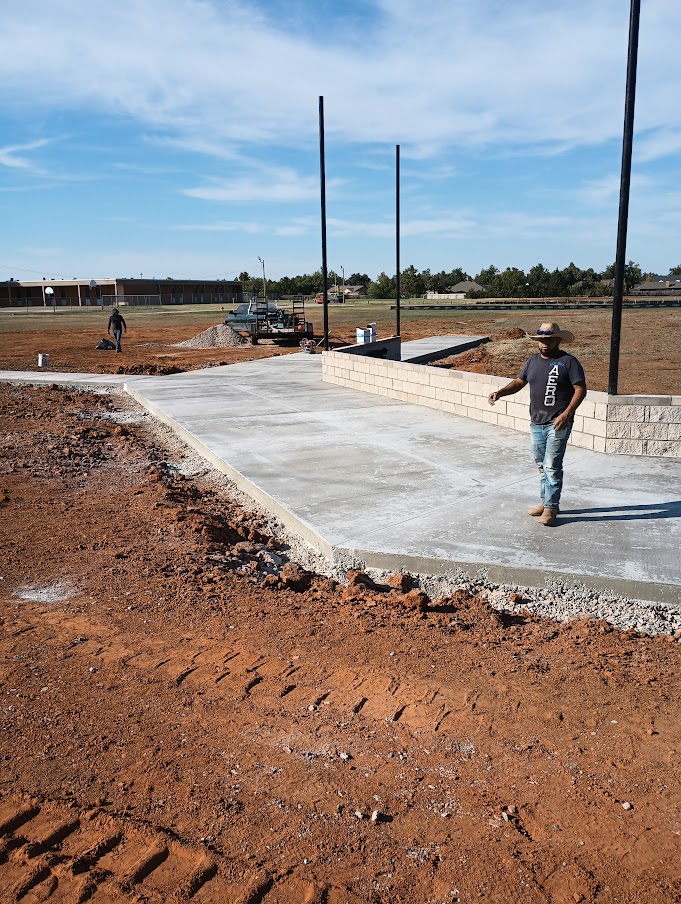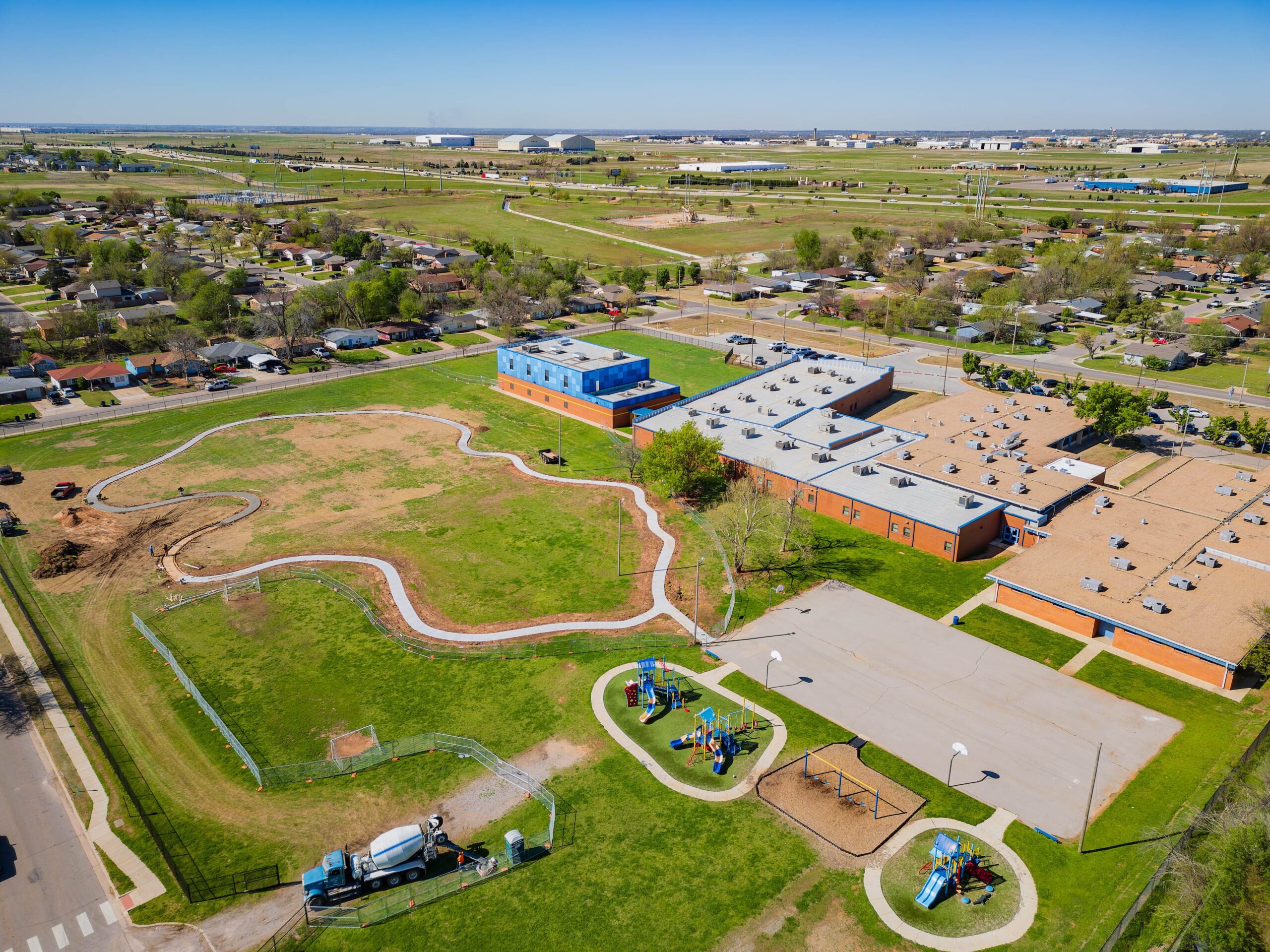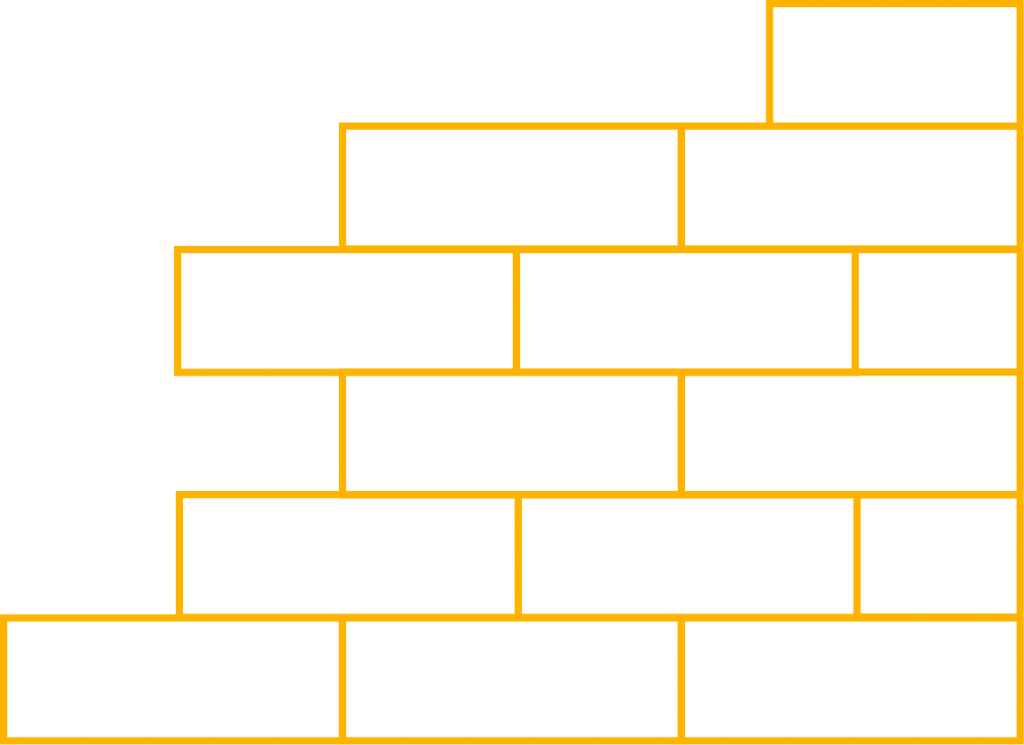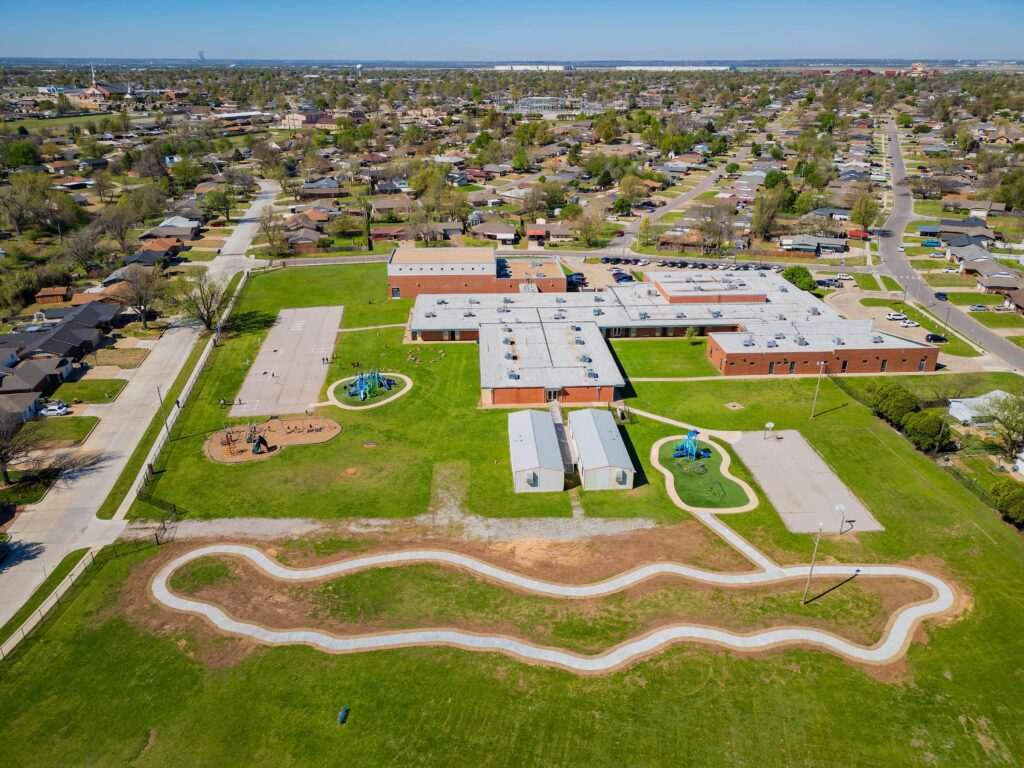Frequently Asked Questions
What does acm mean in construction?
ACM in construction stands for Aluminum Composite Material. It refers to a type of building material consisting of two thin layers of aluminum enclosing a non-aluminum core, commonly used for façades, signage, and interior applications due to its durability and aesthetic appeal.
What is acm construction?
ACME Construction is a specialized concrete contracting and paving service provider in Oklahoma City, offering installation and maintenance for both commercial and residential projects, ensuring quality workmanship and customer satisfaction.
What does acm stand for in construction?
ACM stands for Architectural Concrete Masonry in construction, referring to a building method that incorporates concrete blocks or bricks designed for aesthetic and structural purposes.
What is acm in construction terminology?
ACM in construction terminology refers to Aluminum Composite Material, which is a lightweight, durable material often used for building facades, signage, and interior applications. It consists of two thin layers of aluminum enclosing a non-aluminum core.
What is an acm panel in construction?
ACM panels in construction refer to aluminum composite material panels, which consist of two thin layers of aluminum enclosing a non-aluminum core. They are widely used for building facades due to their durability, lightweight nature, and aesthetic appeal.
What is acm in construction?
ACM in construction refers to Aluminum Composite Material, a lightweight, durable material often used for exterior cladding, signage, and interior applications. It consists of two thin layers of aluminum enclosing a non-aluminum core, providing excellent insulation and aesthetic appeal.
What are ACM panels used for?
ACM panels are used for a variety of applications, including exterior facades, interior walls, ceilings, and signage, due to their lightweight, durability, and aesthetic appeal. They are commonly utilized in commercial and residential construction projects.
How is ACM installed in construction?
The installation of ACM (Aluminium Composite Material) in construction involves securing the panels to a structural frame using mechanical fasteners or adhesive systems. Proper sealing and alignment are crucial for durability and aesthetics.
What types of ACM are available?
The types of ACM available include various concrete contracting and paving services tailored for both commercial and residential projects, ensuring quality workmanship for installations and maintenance in Oklahoma City and surrounding areas.
What are ACMs durability features?
The durability features of ACM include resistance to extreme weather conditions, high compressive strength, and abrasion resistance, ensuring long-lasting performance in both commercial and residential applications.
Why choose ACM for construction projects?
Choosing ACME Construction for your projects ensures top-notch quality, expert craftsmanship, and reliable service tailored to your needs, making us the ideal partner for both residential and commercial concrete contracting and paving in Oklahoma City.
Are there disadvantages of using ACM?
The disadvantages of using ACM are that it may require specialized knowledge for proper installation, can be more expensive compared to traditional materials, and may be susceptible to environmental factors which can affect its longevity.
How does ACM compare to other materials?
ACM offers superior durability and versatility compared to many other materials. Its lightweight nature and resistance to environmental factors make it an excellent choice for various construction applications, ensuring longevity and reduced maintenance costs.
What is the lifespan of ACM panels?
The lifespan of ACM panels is typically between 20 to 30 years, depending on factors such as maintenance, environmental conditions, and installation quality. Proper care can help maximize their longevity.
Can ACM be recycled after use?
ACM can be recycled after use. Many facilities accept ACM for recycling, allowing its components to be repurposed while reducing environmental impact.
What safety regulations surround ACM use?
The safety regulations surrounding ACM (Asbestos Containing Materials) use require strict adherence to guidelines established by federal, state, and local agencies, ensuring proper handling, disposal, and mitigation to protect public health and the environment.
How does ACM affect energy efficiency?
ACM influences energy efficiency by providing materials that enhance insulation and reduce heat transfer, leading to lower energy consumption in buildings. This results in cost savings on energy bills and a smaller environmental footprint.
What maintenance is required for ACM?
The maintenance required for ACM includes regular inspections, cleaning surfaces to remove debris, sealing cracks, and applying protective coatings to enhance durability and prevent damage.
What should I know about ACM warranties?
What you should know about ACM warranties is that they cover defects in materials and workmanship for a specified period, ensuring peace of mind for your concrete projects. Always review the warranty details for specific coverage and limitations.
How is ACM sourced for projects?
ACM is sourced for projects through a careful selection of high-quality materials and trusted suppliers, ensuring that each installation meets our standards for durability and excellence.
What are common applications of ACM?
Common applications of ACM include facades, signage, interior wall panels, and ceiling systems in commercial and residential construction, providing durability and aesthetic appeal while allowing for easy maintenance and installation.
Who manufactures quality ACM products?
Quality ACM products are manufactured by a range of reputable companies known for their commitment to excellence and innovation in construction materials. Leading manufacturers often emphasize durability and performance in their ACM offerings.
What design options are available with ACM?
The design options available with ACME Construction include a variety of concrete finishes, colors, and patterns tailored to meet both residential and commercial needs, allowing for customized aesthetics that enhance any project.
How does ACM perform against weather conditions?
ACM Construction provides robust concrete solutions designed to withstand various weather conditions. Our materials are engineered for durability, ensuring long-lasting performance whether exposed to heat, rain, or freezing temperatures.
What is the installation timeframe for ACM?
The installation timeframe for ACME Construction (ACM) varies based on project size and complexity, but typical residential installations can be completed within one to two weeks. For precise timelines, we recommend consulting with our team.
What tools are needed for ACM installation?
The tools needed for ACM installation include a power saw, drill, measuring tape, level, caulking gun, and safety equipment like gloves and goggles. Having the right tools ensures a smooth and efficient installation process.
Is ACM suitable for residential projects?
ACME Construction is well-suited for residential projects. We offer tailored concrete contracting and paving services to meet the specific needs of homeowners, ensuring high-quality results and customer satisfaction.
What are ACMs fire resistance properties?
The fire resistance properties of ACM (Aluminum Composite Material) include a non-combustible mineral core that enhances its ability to withstand high temperatures, making it suitable for building applications where fire safety is a priority.
How do ACM panels contribute to aesthetics?
ACM panels enhance aesthetics by providing a sleek, modern appearance, available in various colors and finishes, allowing for versatile designs that complement the overall architecture of a building while maintaining a professional look.
What innovations exist in ACM technology?
Innovations in ACM (Aluminum Composite Material) technology include enhanced durability, improved thermal insulation, advanced fire-resistant properties, and eco-friendly production methods, making them ideal for modern building applications and sustainable design.














